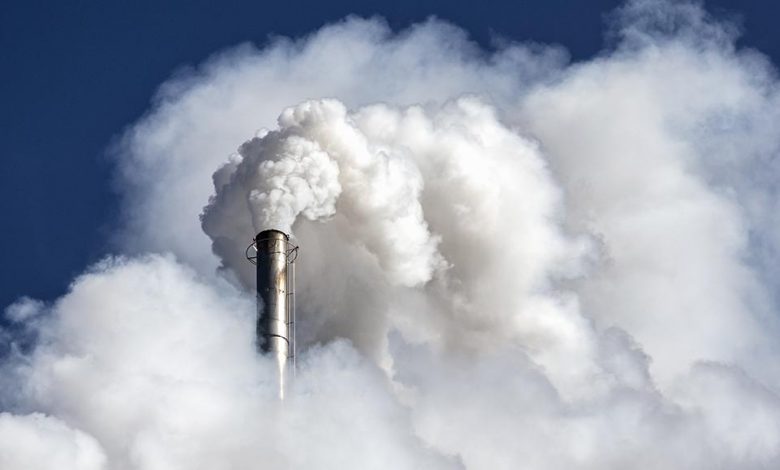
DAR ES SALAAM, July 16 (NNN-DAILYNEWS) — Tanzania is looking forward to carbon trading as a new source of government revenue, targeting to earn over 2tri/- annually.
Carbon trading, which is still a new concept in the world as well as in Tanzania, has been growing fast in various countries.
While it intends to address climate change effects, carbon trading has also been a source of income for individuals, companies and governments, especially in developing countries where carbon emission is very minimal compared to developed countries.
Addressing a High level Inter-Ministerial Dialogue on Carbon Trading in Tanzania organised by the Tanzania Private Sector Foundation (TPSF), Minister in the Vice-President’s Office (Union and Environment), Dr Selemani Jafo stated: “Our target is to collect 1 billion US dollars (equivalent to 2.3tri/-) every year from the carbon trading.”
Dr Jafo was optimistic that the target is achievable since the government through its National Carbon Monitoring Centre (NCMC) located at the Sokoine University of Agriculture (SUA) has registered a total of 21 companies for carbon trading.
“We hope that once these projects start operations from the next financial year, we would be collecting 1 billion US dollars, equivalent to over 2tri/-. Apart from protecting the environment, carbon trading will be another source of government revenue.
We believe carbon trading projects will support conservation of forests while facilitating economic development,” the minister explained.
The move is a big boost to the country’s green economy which integrates the three pillars of economic growth, which are social welfare and environmental sustainability. It is the economy that pursues low carbon, resource efficient and socially inclusive pathways, he argued.
The opportunity for Tanzania to engage in carbon trading is through capacity building, hence he called for effective engagement of the private sector and non-governmental organisations in creating public awareness so that communities could participate in the carbon trading while protecting the environment through reducing carbon emissions.
Tanzania will reduce greenhouse gas emissions economy-wide between 30- 35 per cent relative to the Business-As-Usual (BAU) scenario by 2030, whereby about 138 – 153 Million tonnes of carbon dioxide equivalent (MtCO2e)-gross emissions is expected to be reduced, depending on the baseline efficiency improvements, consistent with its sustainable development agenda.
Explaining about the government’s initiatives for enhancing this trade, Dr Jafo noted that in October last year, the government introduced regulations to guide carbon trade in the country.
The regulations were the results of President Dr Samia Suluhu Hassan’s participation in the 26th United Nations (UN) Climate Change Conference of the Parties (COP26) held in Glasgow, Scotland in the UK in November 2021.
Dr Jafo said previously carbon trading was unregulated, noting that some district councils had started this trade and were earning good money.
On her part, Deputy Minister for Tourism and Natural Resources, Mary Masanja said Tanzania has a total of 48 million hectares of reserved forests, which is an opportunity for the carbon trade.
“With the introduction of the carbon trade regulations, we hope that now the citizens will stop cutting down trees,” Masanja said.
Earlier, TPSF Chief Executive Officer, Raphael Maganga said the foundation is committed to the issues of climate change to protect the environment.
“We (TPSF) have established a desk for climate change. This desk ensures that companies have mechanisms for addressing climate change in their activities,” Maganga stated.
Briefing on the objectives of the dialogue, he said it aimed at creating awareness and promoting innovation among the youth because carbon trading is another source of employment for the youth.
The meeting pulled participants from within and outside the country, including from France, China, US and others.
When he made his presentation, Dr Richard Muyungi, an adviser to the President on climate change matters, appealed to different sectors, including agriculture, industry, energy and others to come on board in efforts to address climate change by laying down mechanisms for reducing carbon emissions. — NNN-DAILYNEWS





